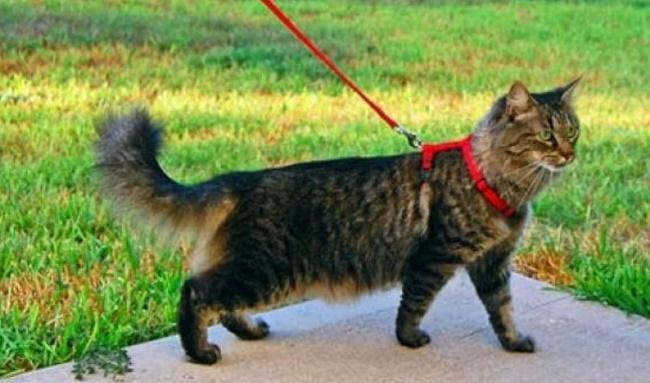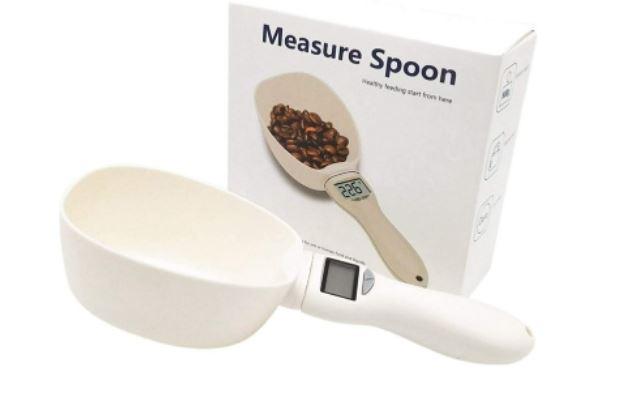Let’s start by asking – would you realize if your cat needed to cut down?
You know your cat is purr-fect. It’s fluffy and has a paunchy belly. But so, what? It could also imply that it is perfectly healthy. Naturally, you may not understand if your fluffball is on the portly side. In fact, overweight cats now appear to outnumber those who have a healthy weight.
Overfeeding your cat is a big no-no. Even a few additional pounds can increase your cat’s risk of developing certain health conditions, such as type 2 diabetes. It may even prevent your cat from grooming itself properly. Therefore, keeping your cat in shape is crucial to maintain its health, and help it live longer and happier. Well, the good news is that by making some simple dietary and exercise changes, you can assist your overweight cat in losing weight.
What Are The Risks Of Obesity?
Obesity is becoming more prevalent in cats, just as it is in humans. It can have long-term consequences on a cat's health, quality of life, and body functioning. Therefore, obesity in cats must be addressed immediately, as it is linked to serious health problems. Here are the risks of cat obesity:
Compromised Immune System
When your cat becomes overweight, its immune system gets weakened, leaving it more susceptible to infection. This includes urinary infection as well as 'stones,' which are caused in overweight cats because they’re less active, drink less water, and urinate lesser than healthy cats.
Around 80% to 90% of obese cats require daily insulin shots as they are more likely to develop diabetes. But, when their excess weight is eliminated, diabetes can often be reversed.
When your cat’s body senses that it is undernourished, for instance, if a regular food supply is interrupted, the fat is moved from reserves into the liver to be used as energy. But a cat’s body is unable to efficiently control this process, resulting in poor liver function and liver failure.
Cats with excess weight have a harder time grooming themselves, which can contribute to skin problems.
How Do I Know If My Cat Is Overweight?
- When gently running your fingers across the side of your cat, you should be able to feel and count its ribs.
- Then, when you look down at your cat from above, you should observe an hourglass figure. If it looks like a balloon, then your cat is certainly overweight or obese.
- Finally, you should notice a tiny tuck or upward slope of the tummy when you look at your cat from the side. If the abdomen looks baggy and drags near the ground, that points to the presence of the most harmful and biologically active form of fat, which is abdominal fat.
Here is a chart for you to understand better –

How To Avoid Obesity In Your Cat?
After you get your overweight cat in shape, your goal must be to maintain it for its good health and longevity. Here are some things you should avoid doing to keep your cat from becoming overweight:
You should avoid free -feeding your cat to prevent it from becoming obese. Set up definite feeding times and keep treats to a minimum.

Incorporate Outdoor Activities Or Excises Into The Routine
Your cat is at even more risk of becoming overweight if it does not engage in any outdoor activity. To avoid boredom and prevent weight gain, find some interesting toys, set aside playtime, and make it a priority for your indoor cat. Another approach is to go for a walk outside with your cat on a leash.

Measure The Servings Each Time
Assess how much food your cat truly needs with the advice of your vet, based on your cat's activity level and desired weight. Once you've calculated how much food your cat requires, measure the food for each meal. Remember that cats are little, and while the portion may appear small to you, some extra kibbles can make the difference between maintaining weight and gaining weight.

Loosing weight is difficult for cats. Therefore, the best way is to control their weight before they get obese.
Another way to help your cat lose weight is to increase her activity. Provide cat 'trees' for climbing or teach your cat to play fetch. Buy or create your own toys that encourage exercise. Many cats enjoy chasing lights from pointers or flashlights. One ingenious owner throws her cat's dry food ration a piece at a time! Many cats enjoy learning to walk on a leash. You also can use your cat's natural hunting instinct to help her lose weight. Hide several small portions of her daily food ration around the house. If you have a multi-level home, make your cat use the stairs. Use your imagination but be cautious. Don't let a fat cat get exhausted, overheated, or out of breath. Also, keep in mind that an old cat may not be able to exercise vigorously.
Use playtime, grooming, stroking, or conversation as rewards instead of food treats. If you cannot resist the fat cat who begs for food at the dinner table, remove the cat during dinnertime. If you have a multi-cat household, the consistent winner of the food competition sweepstakes is often obese. If this is the case, separate the cats at mealtimes if possible.
Obesity is easier to prevent than to cure, but it is never too late to reverse it—though it requires long-term patience and commitment. Helping cats lose weight is a slow process. If the amount they eat is severely restricted, the cat risks other health problems.
Increased activity, behavior modification (for both you and your cat), and calorie restriction are your weapons against feline obesity. However, with all these things, it is important to expect a few setbacks and plateaus. It will take at least four months for an obese cat to lose 15% of her starting weight. At that point, have another look at your cat's body condition and go on from there.
Tips For Starting A Weight-Management Program
Always check with your veterinarian first.
Eliminate all food treats.
Divide the daily food portion into several smaller meals.
Feed a diet formulated specifically for weight loss.
Weigh your cat every two weeks.
Cats should not lose more than 1% to 1.5% of initial weight per week.
Be patient and consistent!